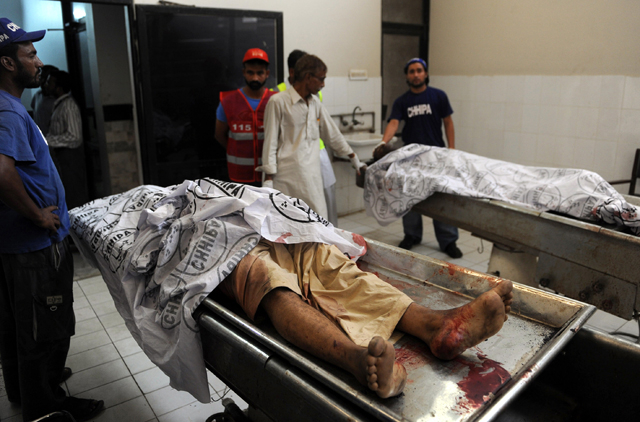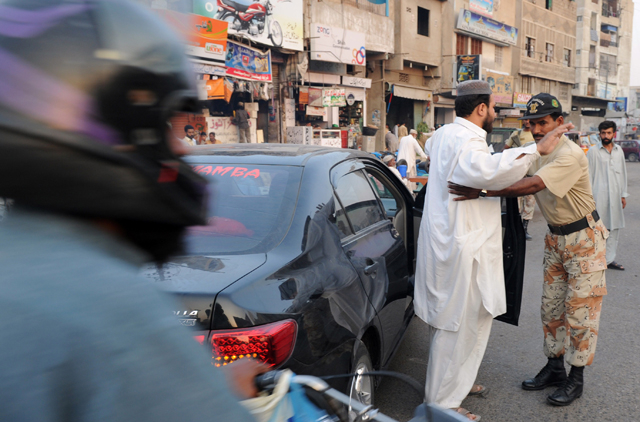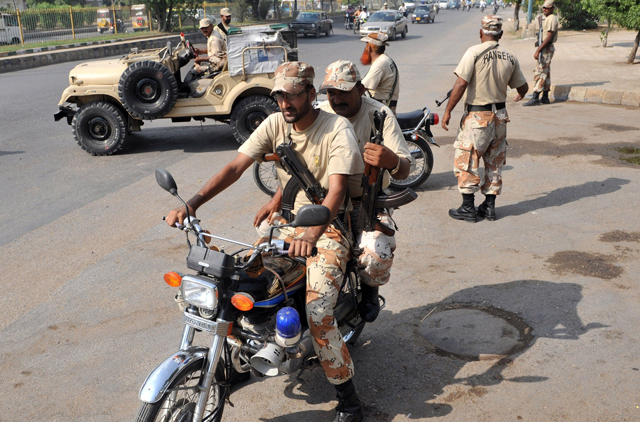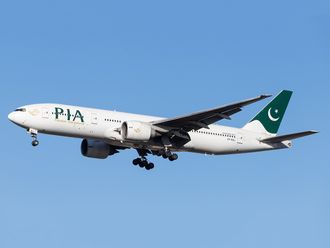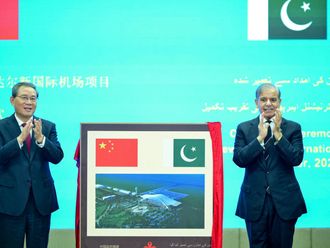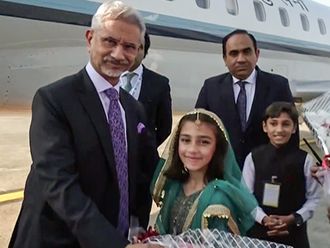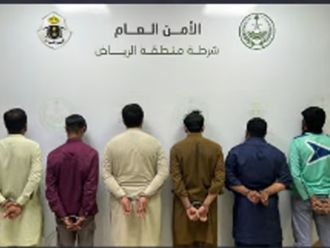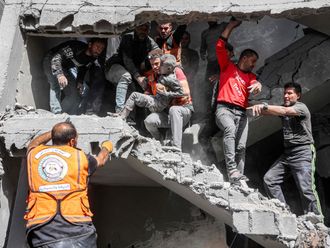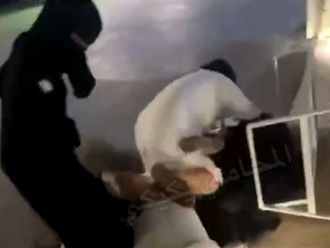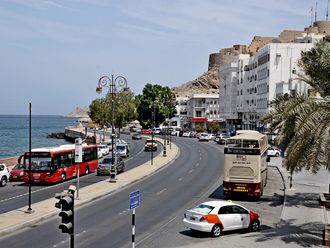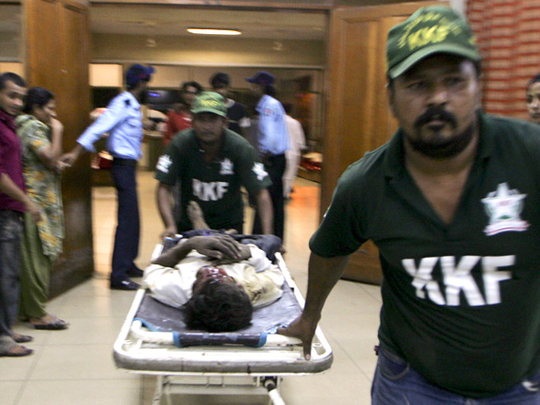
Islamabad: Gunmen killed five people in Pakistan's largest city Tuesday, an official said, the latest victims in a surge of violence to grip Karachi and underscore the poor state of law and order in this US-allied nation.
At least 37 people, including several political activists, have been killed and another 48 have been wounded since Saturday in the southern port city, said Sharmila Farooqi, a spokeswoman for the Sindh province government. The violence coincided with Sunday's election to replace a provincial lawmaker killed in August.
Karachi, a vast metropolis with more than 16 million residents, is prone to political, ethnic and religious strife. While officials would not name any suspects, many so-called "target killings" in Karachi have been linked to gangs allegedly controlled by two of the city's long-feuding political parties.
Because of its status as the country's main economic hub, keeping Karachi calm is of prime importance to Pakistani leaders who have already seen criminal activity soar alongside Taliban-led Islamist militant violence.
A major chunk of supplies for U.S. and NATO troops is shipped to the city before traveling overland in Pakistan and into neighboring Afghanistan.
The two parties most linked to violence in Karachi - the Muttahida Quami Movement and the Awami National Party - have their electoral bases in different ethnic groups that make up a large share of the city's population.
The MQM claims to represent the Urdu-speaking descendants of those people who came to Karachi from India soon after the birth of Pakistan in 1947. It is secular and likes to speak out against the so-called Talibanization of the city, a jab at the Awami National Party, which represents the ethnic Pashtuns from the Taliban heartland in the northwest.
Raza Haider, the member of the provincial assembly who was gunned down in August, was a senior member of the MQM.
Both parties were competing for Haider's vacant seat, but the ANP announced Saturday evening that it would boycott the election, saying the MQM would rig the vote. The MQM won the seat.
MQM lawmaker Haider Abbas Rizvi said the party had handed authorities a list of 150 alleged criminals it suspects in the attacks but that nothing had come of it. He not only blamed the ANP, but also faulted the Pakistan People's Party, which control's the provincial government.
ANP spokesman Amin Khattak said the MQM was to blame, noting that the killings began shortly after his party said it would boycott the election.
Farooqi said Karachi police were working alongside paramilitary rangers to track down the suspects involved in the attacks, but that the security agencies were overwhelmed and lacked resources.


